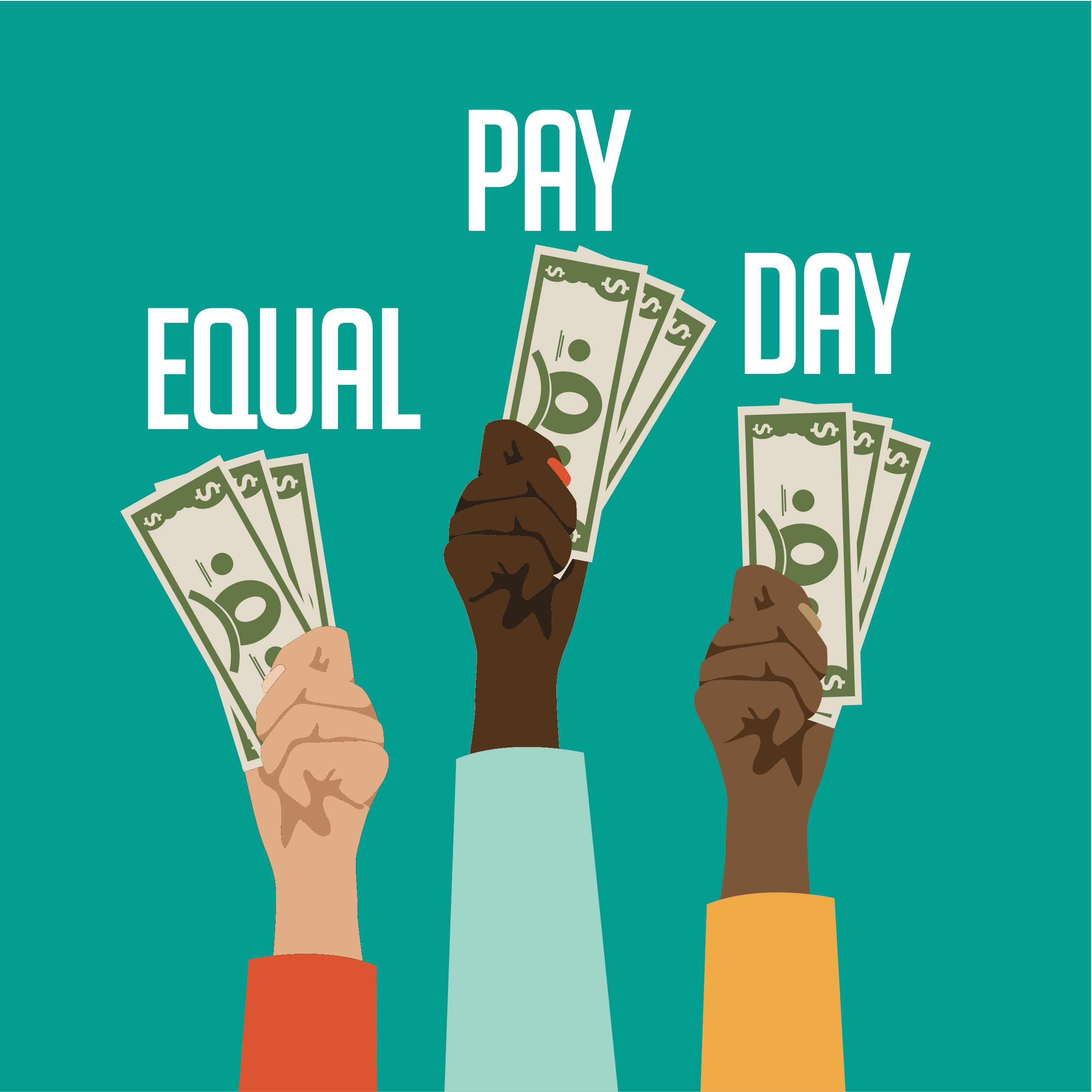
As we mark another Equal Pay Day on March 24th, it is essential that government and businesses invest in solutions to lift up the disproportionate number of women doing low-wage work. Policymakers and leading businesses are employing a range of measures to advance gender equality in the workplace, including initiatives to foster diversity and inclusion, hire more women to higher paying positions, and create leadership pathways that bring more women to the top. These measures, while valuable, fall short of the critical step necessary to deliver the most significant relief for the largest number of women: raising wages for lower- wage workers.
Indeed, many of these same lawmakers and businesses, despite their self-proclaimed roles as champions for gender equality, oppose or remain silent on raising the minimum wage, a requisite step to address the staggering wage gap for women of color. The unavoidable reality is that we cannot make meaningful progress towards gender and racial equality without raising the federal minimum wage.
Let’s start with the bare facts. For over a decade, the federal minimum wage has stagnated at $7.25, with an even lower threshold of $2.13 set for workers in tipped industries, who are expected to make up the difference in tips. A lower threshold can also be set for workers with disabilities. Annual earnings for full-time year-round minimum-wage workers leave a large number of these workers living below the federal poverty line, struggling to afford basic necessities like food, housing, childcare, and healthcare. An illness or a broken car can easily mean debilitating precarity and the loss of livelihood.
What often goes unsaid is that the majority of these workers are women, predominantly women of color, who often have children and are primary breadwinners for their families. Adding insult to injury, many of these women are essential workers, called upon to shoulder an even greater burden for the same appalling rates of compensation. The impact of artificially depressing the minimum wage year after year (and perpetuating a lower tipped wage), is to keep women behind economically; push more women into poverty; and render more women susceptible to exploitation including wage theft, sexual harassment and assault, and retaliation.
Let’s end with the bare truth. The current minimum wage relegates too many women and their children to cycles of poverty, economic insecurity, and inequality. And this reality is not by chance, it is the product of decades of structural discrimination and slavery-era policies that targeted industries predominated by black workers (and now immigrant workers). Any commitment to advance gender equality and racial justice requires, at the very least, a commitment to a living wage for all workers.
So what needs to be done? As a starting point, legislation must increase the minimum wage to reflect cost of living; ensure this wage is adjusted to cost of living over time; eliminate any lower wage thresholds like the lower tipped wage; and ensure that protections apply to all types of workers. Critical progress has been made towards enacting the Raise the Wage Act, which was passed in the House and achieves many of these initial goals. However, recent progress to incorporate the bill as part of the federal relief package was curtailed in the Senate.
We are at a critical juncture to achieve transformative change for the most vulnerable women and we must maintain momentum. Any self-proclaimed advocates of gender and racial equity has a responsibility to join these efforts, because we cannot achieve meaningful gender equity without a living wage for all.
See our Fact Sheet: Why Raising the Federal Minimum Wage is Essential to Gender Equity
For more information on pay equity initiatives in New York State, attend PowHerTM New York's Forum on Equal Pay Day, March 24th at 9AM EST: Roads to Women’s Economic Recovery and Future.
The SYMS | Legal Momentum Helpline remains available at NO COST to provide legal information and referrals on issues related to sex discrimination in the workplace, home, school and the courts.
REACH us LMHelpline.org
EMAIL us help@LMHelpline.org
CALL us (971) 353-4251
COVID-19 Resources. In this challenging time, our legal team developed a no-cost guide to Legal Rights and Economic Resources for Workers Impacted by COVID-19, also available in Spanish and Chinese.
Protecting women’s and girls’ rights begins with the law. Thank you for your ongoing support - you make our work possible! Stay safe and stay healthy.
Legal Momentum Legal Team

